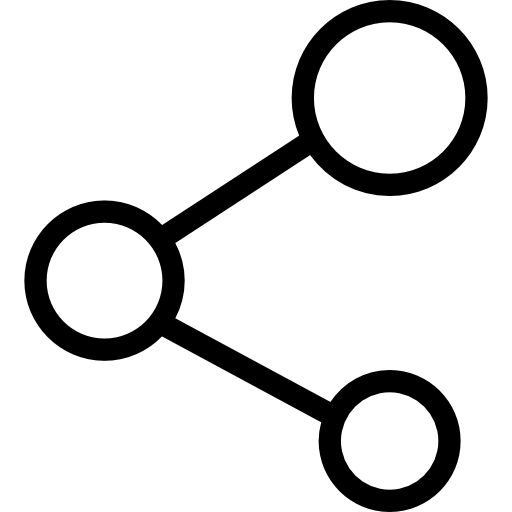Six contrasting scenarios for the design of the 2020 enterprise
Publié le lundi 20 avril 2015 . 3 min. 32
3 min. 32
Finding what companies will turn into by the year 2020 is rarely the object of such academic work as that delivered by the ISD programme. This programme was led by Professor Ahmed Bounfour from Paris-Sud University. His analysis of 30 practical cases resulted in the identification of a shift in the production process from Lean production to what the author calls “acceluction”.
The traditional concept of Lean is based on constant improvement of the model through the exploitation of the company’s potential. By 2020, the author suggests it will be replaced by acceluction, which is a wider analysis based on the multiplicity of unclearly defined production spaces. This multiplicity also means new tensions such as long term vs short term or company’s own resources vs market resources. The identification of these tensions conveyed by the acceluction regime enables the author to formulate six contrasting scenarios for the design of the 2020 enterprise.
The first is named “polyspaces”. In this scenario, the 2020 enterprise selects the types of links it needs to develop with the different production spaces and subsequently manages them. That would mean in particular that open innovation practices reach maturity. “Back to basics” is the second scenario. In this one, the enterprise refocuses its activities internally and the practices of outsourcing reach their limits because of the importance of trust as a growth factor. On the contrary, the third scenario, “mesospaces”, suggests the enterprise develops links between spaces of different statuses (networks, communities, territories, enterprises), making the variety of the statuses a key dimension. The 4th scenario, “platforms rule”, stresses the importance of the links between the enterprise and the major digital platforms, which dominate and capture the lion’s share of the value created. (Google, for instance). In the 5th scenario, network abundance, the author suggests data will be the key element for enterprises to amplify the growth of their business, as value will be created by the acceleration of links between physical objects and virtual spaces. Finally, a resistance to digital could occur. That’s the 6th scenario, in which large sections of society rejects digital because of a misuse of personal or work-related data.
Of course, none of these 6 scenarios is a prediction and none of them is more likely to emerge than another. Yet, they remain analysis frameworks and can be used as keys to practical action as companies are being transforming step by step into digital enterprises.
Pour aller plus loin :
La Fondation CIGREF : www.fondation-cigref.org
Les Essentiels de la Fondation CIGREF : http://www.fondation-cigref.org/publications/les-essentiels/
La Collection Springer Briefs in Digital Spaces : http://www.springer.com/series/10461"
Six contrasting scenarios for the design of the 2020 enterprise, a Cigref TV's video
LES + RÉCENTES

LES INCONTOURNABLES
















